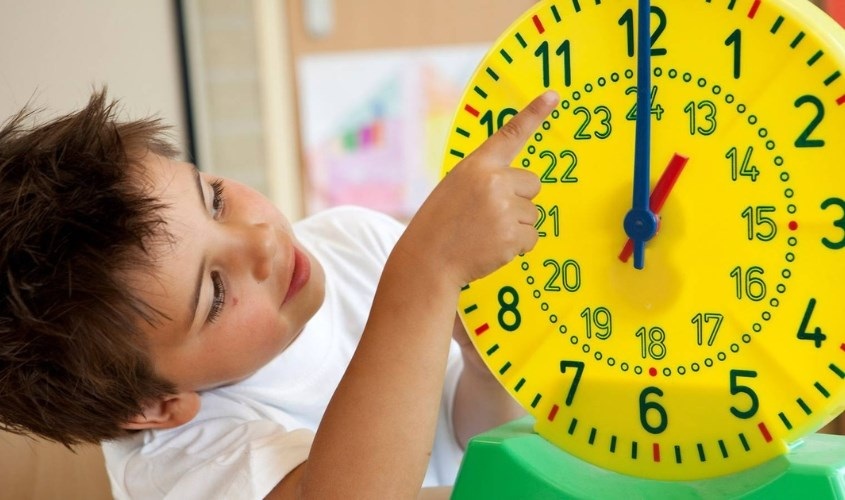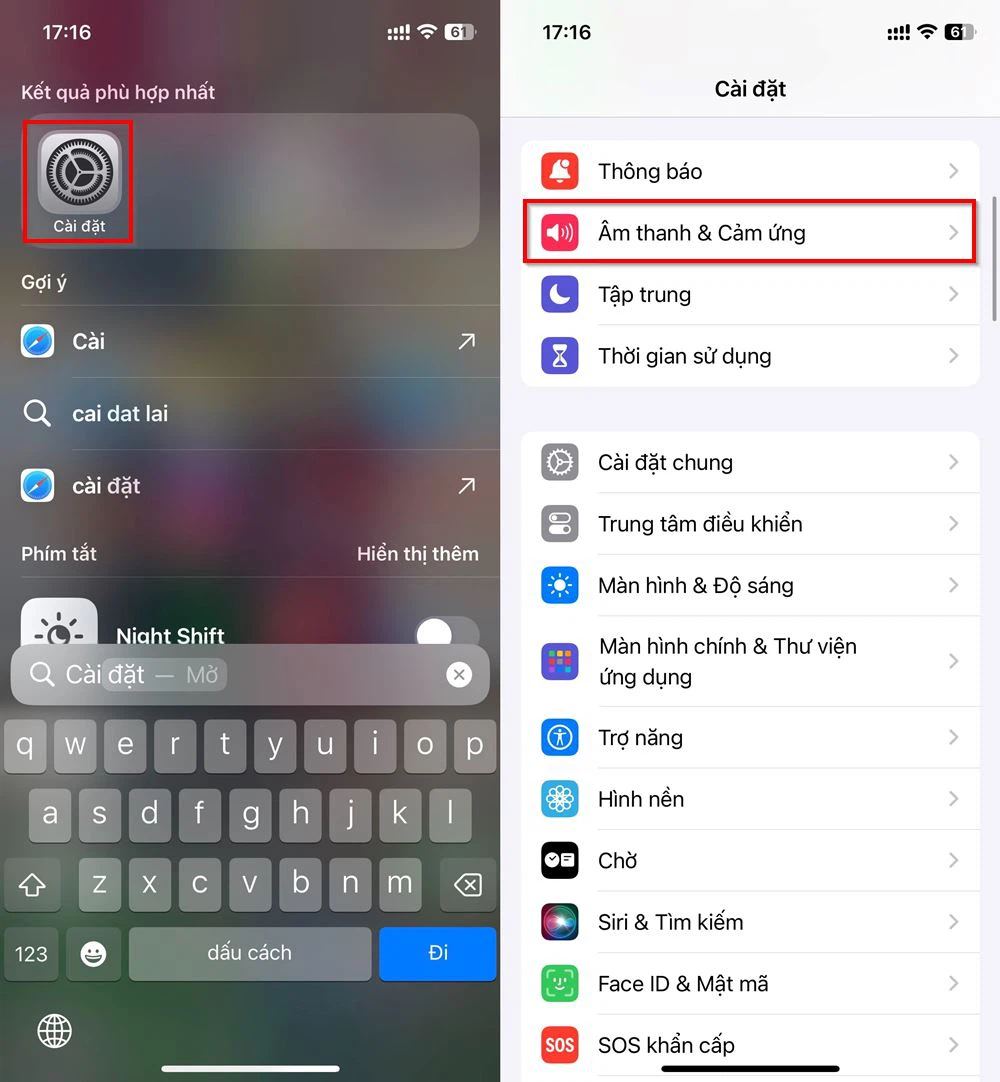From 7:30 to 9:00 in the morning

7:30 is the perfect time to wake your child up in the morning. After a long sleep, children will regain energy and be more alert. After having breakfast, they are ready and excited for new activities throughout the day. Learning at this time also helps children retain information for a longer period. In schools, the first lessons are considered more effective for children compared to the ones closer to noon, when they start feeling hungry.
From 2:30 to 4:00 in the afternoon
After waking up and having lunch, children will have enough energy to continue their activities in the afternoon. Learning during this time is also considered effective. When children are alert, their focus and concentration levels are higher, resulting in improved learning outcomes.
About 30 minutes before bedtime
It is a fact that if you recite a poem or a song before bedtime, you will remember it well the next day. It’s the same for children. Reading books or stories to your child before bedtime will help them remember the content better. Applying this method, parents can review some of the knowledge that the child has learned, have conversations, and discuss it, which will help the child remember the lesson. However, make sure that the knowledge is presented in a gentle and understandable way, and absolutely avoid being harsh or unpleasant if the child doesn’t remember. Excessive learning at this time can have counterproductive effects.
Tips for helping children remember what they have learned
Teach your child to focus: Only when children focus on their studies and activities can they learn and remember the lessons effectively. Many children have a habit of getting distracted and multitasking, such as chatting, eating, or listening to music while studying, without paying full attention. Right from the start of studying, parents should teach children to concentrate and should not indulge in their children’s preferences, which can develop bad habits. Only then can children develop effective study habits and save time.
Write it down: Studying by reading and summarizing the main points on paper helps children understand and remember the lesson better. When the child forgets something, parents can remind them once or twice or have them reread the book. Don’t get angry if the child forgets for the first time, everything takes time to remember.

Read aloud: Usually, children study by silently reading, but if parents want their child to learn faster, they should have their child read out loud a few times before studying silently. Reading and listening at the same time is an effective learning method that helps children remember the lesson better than just reading silently.
Explain to your child: To avoid rote learning, parents should help their child understand the basic meaning of the lesson. Once they understand the lesson, memorizing it will be much easier for the child. Even if they forget it precisely, the child can still imagine the main content they need to present.
Regular testing: Parents should set a regular schedule for reviewing and testing their child, such as three times a week. At that time, there is no need to make the child read every word, parents just need to ask about the main ideas of the lesson. If the child can answer, parents don’t have to worry about the child forgetting the lesson quickly.
7 Morning Habits That Will Make You Look Better
Do you want to look radiant every morning? Then these 7 essential products are a must-have! No need for expensive eyeshadow or blush – just these 7 items and you’re ready to go!



































